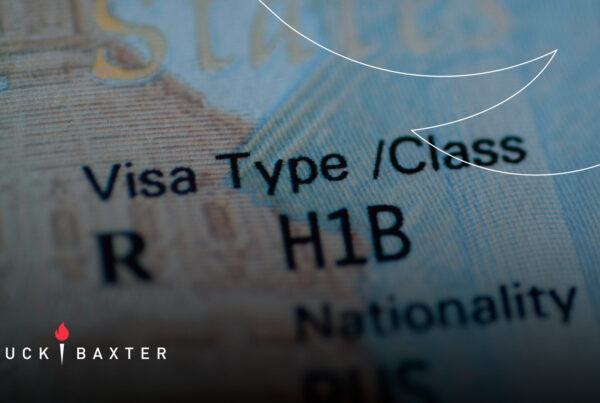KNOW YOUR RIGHTS
A guide for American citizens or permanent residents at airports or ports of entry
If you are traveling into the United States from overseas, you will be questioned by Customs and Border Protections (CBP). You may also encounter other law enforcement officers. Depending on where you were born or your nationality, you may face more questioning than other travelers. Whether you are selected for secondary search may be based on your religion, race, national origin, gender identity, ethnicity, or political beliefs.
Here are eight things you SHOULD and SHOULD NOT do if you’re a U.S. citizen or permanent resident (green card holder) and you’re held for questioning at the border:
-
You will be asked questions about your travels or your immigration status. You should answers those honestly but briefly. Make any required declarations about money or items you are carrying. However, be careful with what you disclose to CBP and do not offer more detail than necessary, but ALWAYS tell the truth. If you are asked any first amendment questions (such as membership in any religious, political, or social groups, or about your personal beliefs) you may deny answering those questions.
-
You and your property may be searched, even if there is nothing suspicious about you or your luggage. You should provide the property for inspection if that is requested of you, but you are not obligated to release passwords, unlock your devices, or provide access to your social media accounts.
-
In the event that you feel you are facing discrimination, you should demand to speak with an attorney. Keep the name of a qualified lawyer on hand. Insist that you are a lawful resident or citizen and that you have adequately identified yourself, and politely but firmly insist on speaking to an attorney.
-
Keep records. Take the names and badge numbers of your officers, and make sure you note which agency they work for. Keep records of your flight times and where you are taken in the airport. Keep detailed notes of what happened and when and document everything being asked of you as well as your answers.
-
If you are a LPR (lawful permanent resident) and CBP demands you sign Form I-407, DO NOT DO IT no matter how much they try and pressure you. Signing this means you voluntarily give up your lawful status, so do not give into intimidation. If you are a LPR and any issues regarding your status arise during your encounter with CBP, you should insist on a hearing before an Immigration Judge. This is your right.
-
Be prepared to provide names and phone numbers of people you visited overseas, and, if possible, have another family member call those people overseas to tell them to perhaps expect a call from a US government official to verify that information. Ensure that they are also honest and brief with their responses in order to minimize any problems or discrepancies.
-
If you remain detained for a prolonged amount of time, contact your Congressperson and let them know that one of their constituents is being detained at the airport. Remain calm and do not cause a scene.
-
If you’re an American citizen, you have a right to be let into the country. Officials are required to let you into the country. You should insist that you have adequately identified yourself, made the necessary declarations, and answered their questions sufficiently. Calmly ask to be released immediately. As a citizen, as long as you have presented a valid passport, you have the right not to answer officers’ questions, but refusing to answer routine questions about the nature and purpose of your travel could result in delay and/or further inspection.
These are trying times, but knowledge is power. We are here to help you as needed. Feel free to email me your questions at [email protected] or call (404) 949-8164. We speak Arabic and Spanish.





My parents have green card for more than 15 years would like to travel out the country but are afraid to travel due to everything of what is happening.are there any possibility that their entry to USA could be denied.
They should travel. They will be fine.